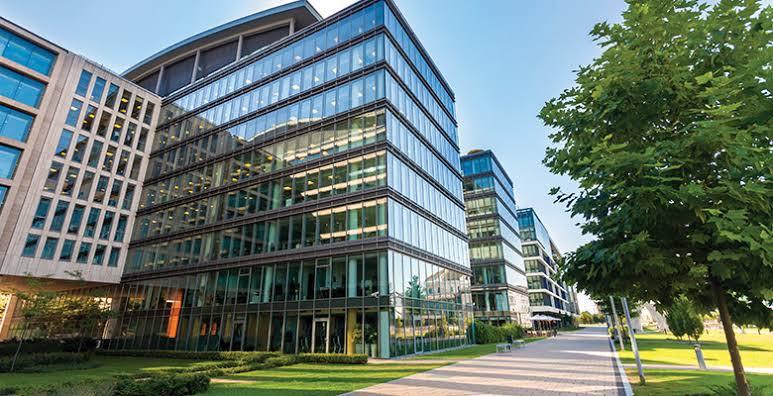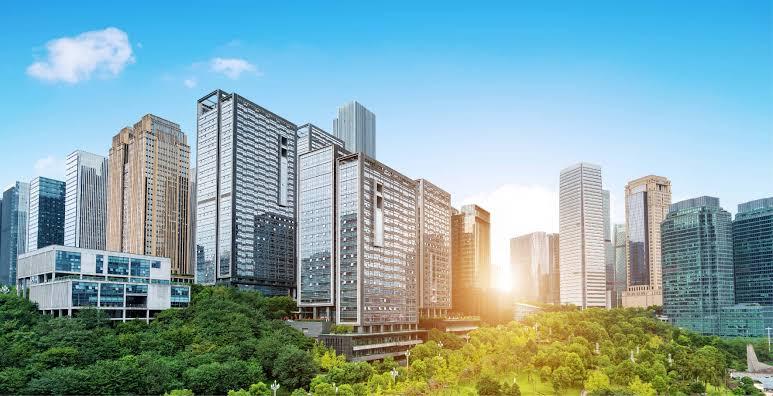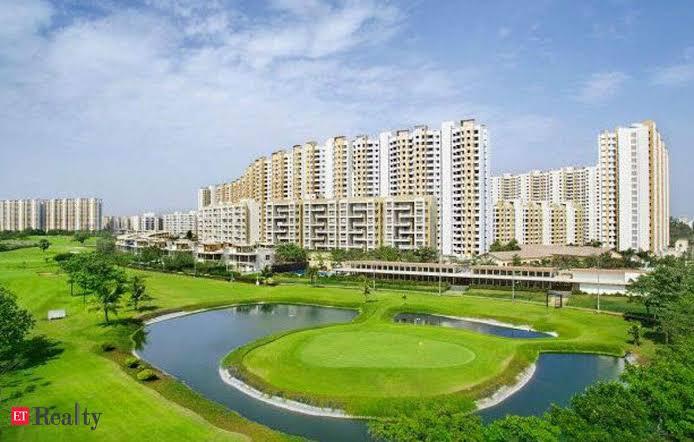Discover Your Dream Home with Our Latest Listings and Personalized Services!
Take Advantage of Limited-Time Offers on Luxury Homes with Stunning Features!
Join Us for Exclusive Open House Events This Weekend and Find Your Perfect Home!
The smart city concept has picked up considerable speed in India with an aim to develop urban living through technology integration, green practices, and effective infrastructure. This revolutionized method is redefining the urban real estate scenario, bringing with it new opportunities and threats for participants.

A smart city applies digital technologies to increase efficiency, enhance well-being, and minimize costs and resource use. Effective public services is one of its main attributes, realized through the deployment of smart grids, intelligent transport systems, and e-governance systems that automate urban management. Sustainability is also an important feature, with high emphasis on green buildings, the use of renewable energy, and waste management to decrease environmental footprints. Also contributing are enhanced connectivity capabilities, where fast internet and IoT integration provide for real-time data monitoring and communications. These come together to design a smarter, more sustainable, and efficient urban space.

The advent of smart cities in India has far-reaching implications for the real estate industry:
Home buyers are now looking for homes with smart features like automated lighting, security, and energy-efficient devices. This trend compels the developers to install these elements in order to cater to market demand.
Real estate in smart cities tends to have better appreciation rates because of enhanced infrastructure and facilities. Better quality of life and effective services increase the desirability of these locales among consumers and investors.
Smart city concepts are giving rise to new urban areas. These developments decentralize the growth from major metros, opening avenues in hitherto underdeveloped regions.
Integrated with sophisticated infrastructure, smart cities are attracting businesses, resulting in greater commercial space demand. The trend creates economic opportunities and employment.
Prioritization of environmental sustainability in smart cities promotes the construction of green buildings. This trend is consistent with international directions towards green construction and operations.

Palava City, constructed by the Lodha Group near Mumbai, is a model smart city. It covers about 5,000 acres and combines state-of-the-art infrastructure, eco-friendly practices, and community-focused amenities, accommodating more than 200,000 inhabitants.
Though the advantages are numerous, the emergence of smart cities is not without challenges. A key challenge is infrastructure overload, as urbanization at a rapid pace imposes an enormous burden on available facilities that need constant improvement to cater to expanding populations. Another concern is the environmental burden of unregulated urban growth, which may create issues like shortages of water, more pollution, and increased energy usage. Furthermore, social inclusivity is also a major challenge, as it is important to ensure that the smart city initiatives benefit all socio-economic groups and avoid marginalizing low-income communities. Overcoming these challenges is imperative for developing sustainable and equitable smart cities.
The further growth of smart cities will redefine Indian urban real estate. Stakeholders should prioritise sustainable growth, technological assimilation, and inclusive planning to ensure that the cities fulfill the changing requirements of their inhabitants.
The Indian real estate market in 2025 is witnessing significant shifts across residential, commercial, and retail sectors. This blog delves into the latest trends, including housing affordability, luxury property demand, office space expansion, and the rise of suburban developments, providing...
Government policies have a significant influence on the Indian real estate industry. RERA to GST, all the reforms have an effect on property consumers, investors, and builders. This blog discusses how government policies affect market trends, investment prospects, and the...